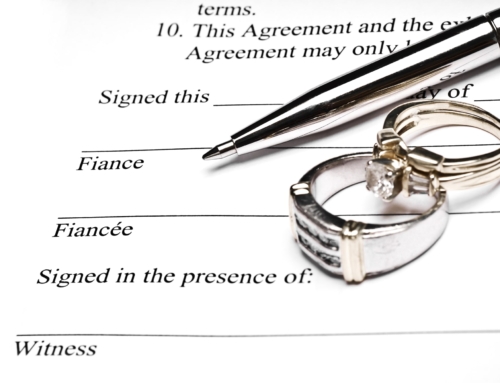Getting divorced can be tumultuous for all involved, fraught with emotional and financial complexities. Whether wanting a clean break divorce or scared about the future, some may be tempted to hide assets, hoping to retain what they deem to be theirs.  However, this can have serious repercussions, and it may even lead to lengthy legal proceedings if discovered.
However, this can have serious repercussions, and it may even lead to lengthy legal proceedings if discovered.
Here is an insight into the risks of concealing assets during a divorce.
Should you hide assets during a divorce?
The temptation to hide assets during a divorce arises for several reasons. This includes wanting more favourable financial outcomes for oneself, worrying about the future or trying to punish the other party for hurt caused.
However, not only does concealing assets undermine trust between parties, but it also violates your legal obligations to provide full financial disclosure. Moreover, attempting to deceive the court can result in serious penalties, including financial sanctions and in some cases, imprisonment.
What is the penalty for concealing assets in divorce?
The risks of hiding assets during divorce proceedings outweigh any potential financial benefits. Courts will take a serious view of such actions, and they have the authority to impose significant penalties.
Penalties may include fines, confiscation of hidden assets and orders to pay the other party’s legal fees. In some cases, the court may also consider the concealment to be contempt of court, leading to imprisonment.
How can you protect your assets?
We often get questions about ring posting assets, especially when it comes to matters like protecting a business during a divorce. However, rather than resorting to dishonest methods, it is better to reach a fair financial settlement. Seeking guidance from a qualified family lawyer is essential, as they will support you in navigating the complexities of asset division.
Transparency is key. Fully disclosing all assets, debts, savings and income ensures an equitable settlement. Additionally, prenuptial agreements can provide a legal framework for asset protection, outlining the division of property in the event of divorce. Proper financial planning and documentation can also help to safeguard your assets.
What can you do if your spouse is hiding money during a divorce?
While most people are honest about their finances, some assets can suddenly ‘disappear’ during divorce proceedings if one party tries to hide them from the other until after the financial agreement process. This includes ‘gifting’ money or assets to friends and family to hold onto, undervaluing assets or overstating debts, asking their employer to delay bonuses, omitting income when submitting tax returns to HMRC, creating false invoices, denial of assets existing, setting up trusts or holding assets offshore.
If you think your spouse is hiding assets, contact a family law solicitor experienced in divorce to understand your rights. They can help gather evidence of any suspected concealed assets to present to the court. The court then has the authority to order full financial disclosure and investigate asset hiding.
Contact our family lawyers
Bellwether Solicitors are your family law specialists in Cheam, supporting clients with divorce proceedings in Chessington, Epsom and beyond. To find out more about what we can do for you, please contact us.







